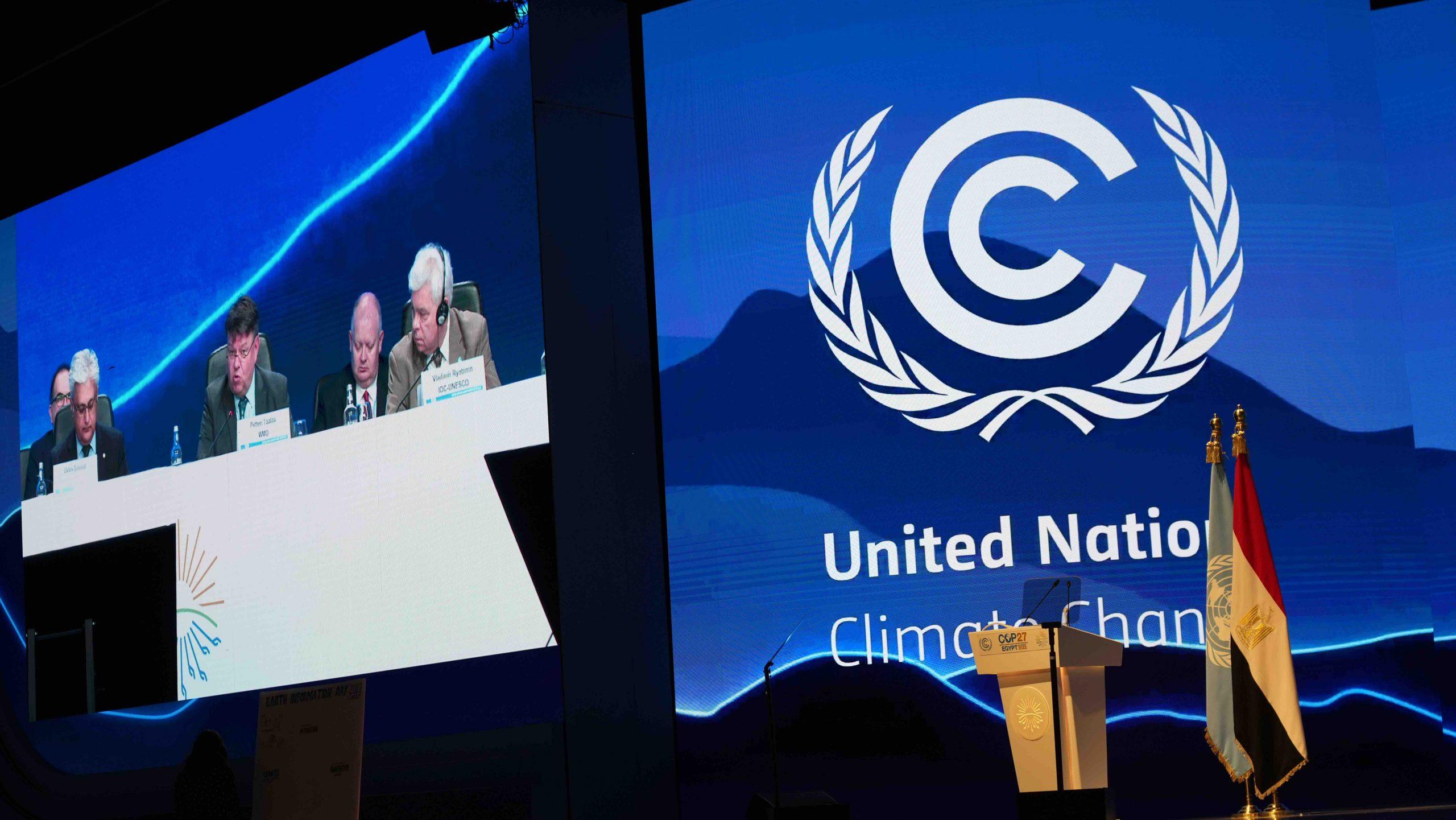The World Meteorological Congress has made a groundbreaking decision to approve a new greenhouse gas (GHG) monitoring initiative, according to the World Meteorological Organization (WMO). This initiative aims to support urgent action in reducing heat-trapping gases that contribute to rising global temperatures. The newly established Global Greenhouse Gas Watch will address critical information gaps, integrating various observing systems, modeling capabilities, and data assimilation under one comprehensive framework. The unanimous support from WMO’s 193 members highlights the growing importance of greenhouse gas monitoring and the need to strengthen the scientific foundation for climate change mitigation efforts.
The Importance of the Global Greenhouse Gas Watch
- Filling information gaps and providing an integrated framework
- Unifying surface-based and space-based observations, modeling, and data assimilation
- Overcoming limitations in international exchange of greenhouse gas observations and modeling products
Buy Prime Test Series for all Banking, SSC, Insurance & other exams
Endorsement by the World Meteorological Congress
- Recognizing the societal significance of greenhouse gas monitoring
- Supporting scientific understanding of the Earth System
- Strengthening the underpinning of mitigation actions for climate agreements
Components of the Global Greenhouse Gas Watch
A. Comprehensive Observations
- Surface-based and satellite-based monitoring of CO2, CH4, and N2O
- Monitoring of concentrations, total and partial column amounts, vertical profiles, and fluxes
- Exchange of data internationally to facilitate rapid information sharing
B. Prior Estimation of GHG Emissions
- Utilizing activity data and process-based models to estimate emissions
- Providing crucial insights for mitigation planning
C. Global Earth System Models
- Developing high-resolution models representing GHG cycles
- Enhancing understanding of the carbon cycle and its implications
D. Data Assimilation Systems
- Combining observations with model calculations for higher accuracy
- Generating valuable products to support decision-making
Improving Evaluation of GHG Sources and Sinks
- Gridded information on GHG and their fluxes
- Enhancing understanding of their association with the biosphere, ocean, and permafrost areas.
About World Meteorological Organization (WMO), Key Points:
The World Meteorological Organization (WMO) is a specialized agency of the United Nations responsible for promoting international cooperation in meteorology, climatology, hydrology, and related fields.
Here are some key points about the WMO:
- Purpose: The WMO’s main objective is to facilitate the exchange of meteorological, climatological, and hydrological information and services worldwide. It aims to promote the understanding of Earth’s weather and climate systems, improve weather forecasting, monitor and assess climate change, and enhance the availability and accessibility of weather and climate-related data.
- Establishment: The WMO was established in 1950 as a successor to the International Meteorological Organization (IMO), which was founded in 1873. It became a specialized agency of the United Nations in 1951.
- Membership: The WMO has 193 member states and territories, making it one of the largest United Nations specialized agencies. Each member state designates its national meteorological or hydrological service as its representative to the organization.
- Governance: The WMO is governed by the World Meteorological Congress, which meets every four years. The Congress establishes the policies, direction, and budget of the organization. The day-to-day activities of the WMO are carried out by the Secretariat, headed by the Secretary-General.
Also Read: Bangladesh-US Joint Naval Exercise held in Chattogram



 Indian Olympic Medal Winners List Till N...
Indian Olympic Medal Winners List Till N...
 Who is the Inventor of the Gramophone?
Who is the Inventor of the Gramophone?
 HS Dhaliwal Appointed New DGP Of Andaman...
HS Dhaliwal Appointed New DGP Of Andaman...
